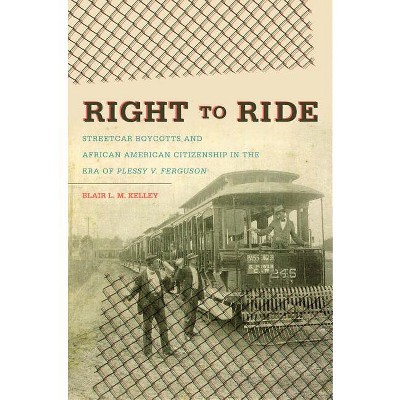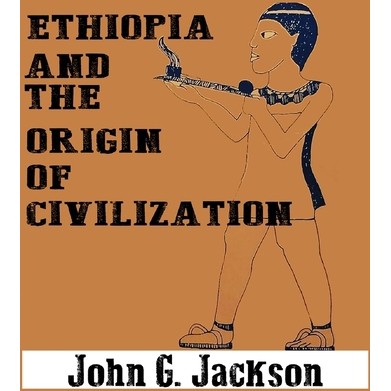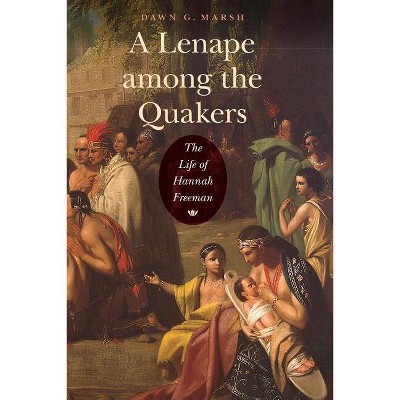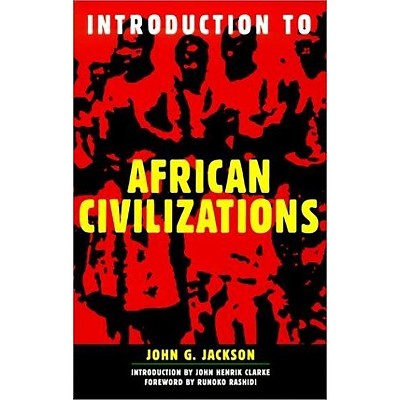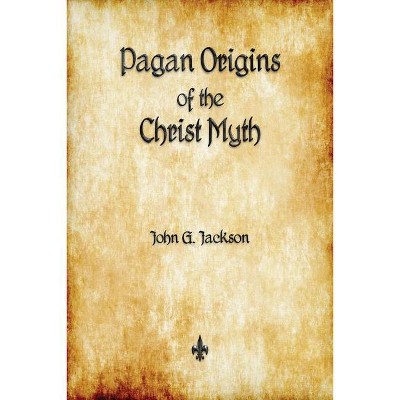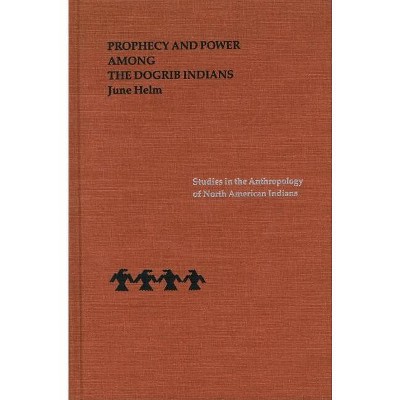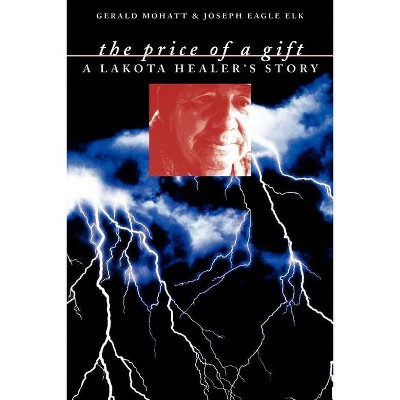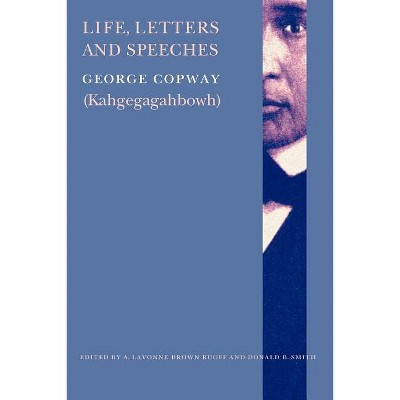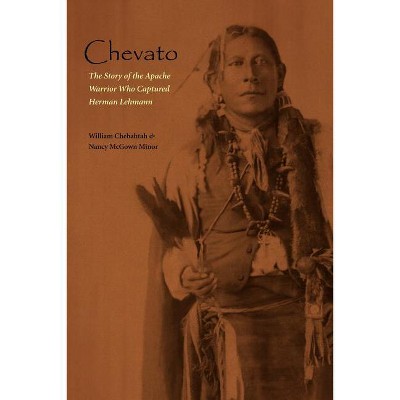Sponsored

A Lenape Among the Quakers - by Dawn G Marsh (Paperback)
In Stock
Sponsored
About this item
Highlights
- "Marsh makes commendable use of the scant documentary evidence to piece together Hannah Freeman's life.
- About the Author: Dawn G. Marsh is an associate professor of history at Purdue University.
- 230 Pages
- Biography + Autobiography, Cultural, Ethnic & Regional
Description
Book Synopsis
"Marsh makes commendable use of the scant documentary evidence to piece together Hannah Freeman's life. Her painstaking efforts to give Hannah a voice are impressive." ―Thomas Britten, The Historian
Fascinating in its own right, Freeman's life is also remarkable as a unique account of a Native American woman in a colonial community during a time of dramatic transformation and upheaval. In particular, it expands our understanding of colonial history and the Native experience that history often renders silent.
On July 28, 1797, an elderly Lenape woman stood before the newly appointed almsman of Pennsylvania's Chester County and delivered a brief account of her life. In a sad irony, Hannah Freeman was establishing her residency--a claim that paved the way for her removal to the poorhouse. Ultimately, however, it meant final removal from the ancestral land she had so tenaciously maintained. Thus was William Penn's "peaceable kingdom" preserved.
A Lenape among the Quakers reconstructs Freeman's history, from the days of her grandmothers before European settlement to the beginning of the nineteenth century. The story that emerges is one of persistence and resilience, as "Indian Hannah" negotiates life with the Quaker neighbors who employ her, entrust their children to her, seek out her healing skills, and, when she is weakened by sickness and age, care for her. Yet these are the same neighbors whose families then dispossess her own.
Review Quotes
"With great insight and sensitivity, Dawn Marsh has pieced together Hannah Freeman's story. All who have ever wondered what happened to Pennsylvania's Native people should read this book."--Nancy Shoemaker, author of A Strange Likeness: Becoming Red and White in Eighteenth-Century North America -- (9/20/2013 12:00:00 AM)
"A thoughtful documentation of one woman's struggle to maintain her ancestral homeland."--Booklist-- (4/15/2014 12:00:00 AM)
"Clear and compelling. . . . Through the life of Hannah Freeman, Marsh places the mythology of Penn's peaceable kingdom in stark relief."--Jean R. Soderlund, Western Historical Quarterly-- (9/13/2016 12:00:00 AM)
"Engagingly written--and impassioned as Marsh clearly chastises Hannah Freeman's Quaker neighbors for their hypocrisy in promoting friendly relations with indigenous neighbors and landowners, while facilitating their dispossession."--Gunlog Fur, Journal of the Early Republic
-- (9/13/2016 12:00:00 AM)
"In a genre that so often focuses on the lives of politically significant 'great men' (and occasionally women), we rarely learn of the lives of the marginalized, but this is exactly what historian Dawn G. Marsh has attempted. A Lenape among the Quakers is a scathing indictment of the hypocrisy of Quakers' professions of peace while engaged in a land grab."--Michelle LeMaster, Ethnohistory
"Marsh makes commendable use of the scant documentary evidence to piece together Hannah Freeman's life. Her painstaking efforts to give Hannah a voice are impressive." Thomas Britten, The Historian
"Using the closely examined life of a single eighteenth-century Native American woman, Dawn Marsh convincingly challenges Pennsylvania's claim to a more just and humane treatment of its indigenous peoples, persuasively contending that Native Americans adopted complex strategies to preserve their cultural heritage, and explores the significance of the continuing mythology of 'Indian Hannah' Freeman--all in a good read."--Melton McLaurin, author of Celia, A Slave -- (10/3/2013 12:00:00 AM)
About the Author
Dawn G. Marsh is an associate professor of history at Purdue University.Shipping details
Return details
Frequently bought together




